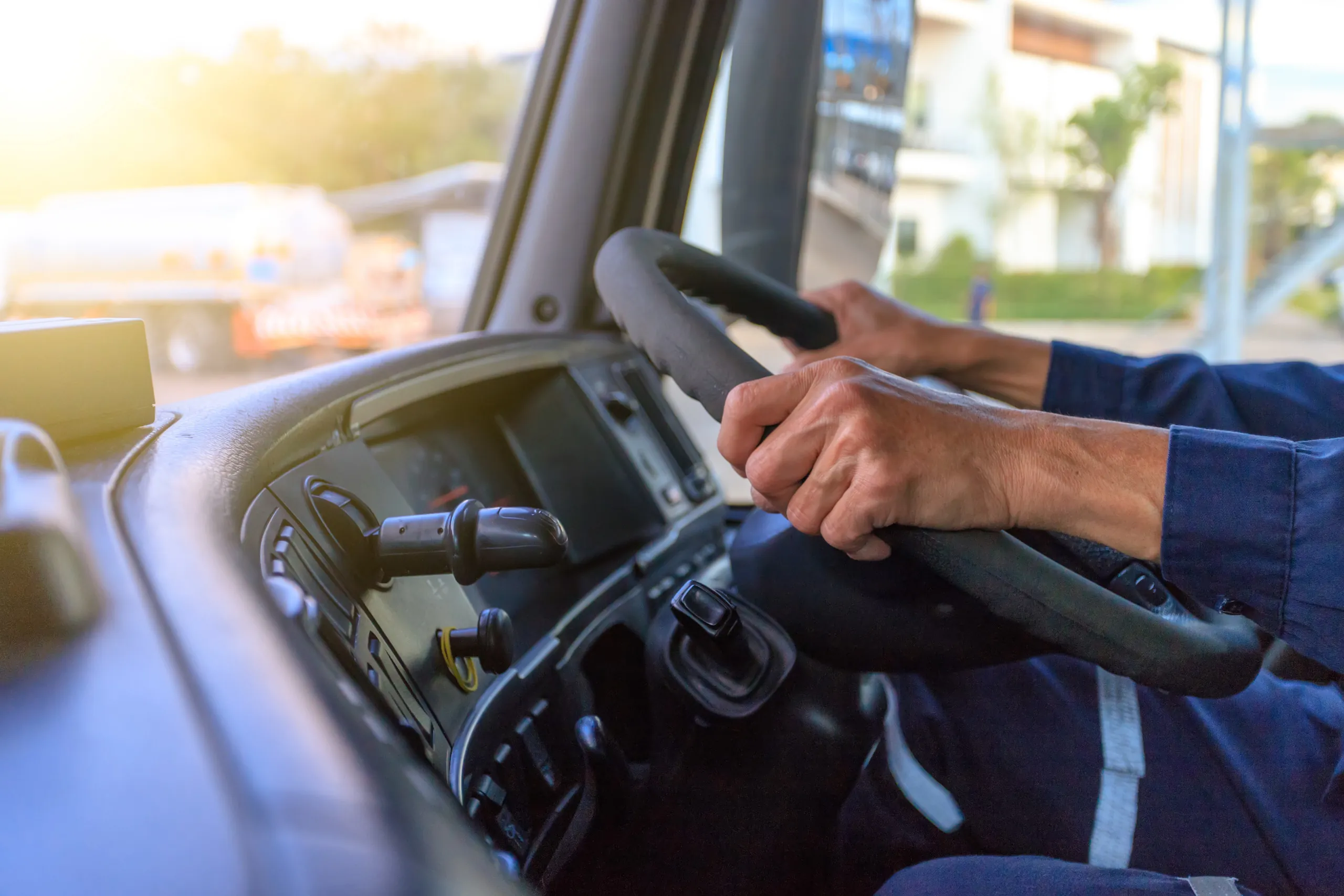Trucking companies play a vital role in the economy, ensuring the efficient transportation of goods across cities and states. In Philadelphia, the responsibilities of trucking companies are under strict scrutiny to safeguard public safety and ensure compliance with various regulations. Understanding these responsibilities is crucial, not only for the companies themselves but also for the general public, who may be affected by their operations. This guide by Fulginiti Law delves into the key responsibilities that trucking companies must adhere to in Philadelphia, highlighting legal obligations, safety standards, accountability in accidents, and how Fulginiti Law can assist victims of trucking negligence.
Legal Obligations for Trucking Companies in Philadelphia
Trucking companies operating in Philadelphia must navigate a complex web of federal, state, and local regulations. The Federal Motor Carrier Safety Administration (FMCSA) sets nationwide standards, while the Pennsylvania Department of Transportation (PennDOT) and local Philadelphia ordinances add additional layers of requirements. These regulations cover various aspects, including licensing, vehicle maintenance, and operational protocols.
Licensing and Permits
Trucking companies must ensure all drivers hold valid commercial driver’s licenses (CDLs) and that all necessary permits for transporting specific types of goods are obtained. This includes hazardous materials (HAZMAT) endorsements for drivers transporting dangerous goods.
Vehicle Maintenance
Regular maintenance and inspections are mandated to keep trucks in safe operating condition. This includes routine checks on brakes, tires, lights, and other critical components. Failure to maintain vehicles can lead to severe penalties and increased liability in accidents.
Operational Protocols
Companies must adhere to hours-of-service regulations, limiting the number of hours a driver can be on duty to prevent fatigue-related accidents. The FMCSA mandates electronic logging devices (ELDs) to record drivers’ hours accurately.
Safety Standards and Compliance Requirements
Safety is a paramount concern in the trucking industry, and companies are required to implement stringent safety standards to protect both their drivers and the public. Compliance with these standards is not only a legal obligation but also a moral one, reflecting the company’s commitment to public safety.
Driver Training and Monitoring
Companies must provide comprehensive training programs for their drivers, covering defensive driving techniques, safety protocols, and emergency procedures. Continuous monitoring of driver performance, through telematics and regular evaluations, helps ensure ongoing adherence to safety practices.
Substance Abuse Testing
Regular testing for drugs and alcohol is mandatory to ensure that drivers are not impaired while operating heavy vehicles. Pre-employment, random, and post-accident testing are standard practices within the industry.
Load Securement
Proper loading and securement of cargo are critical to preventing accidents caused by shifting or falling loads. Companies must follow specific guidelines for different types of cargo to ensure they are securely fastened and balanced.
Liability and Accountability in Trucking Accidents
When trucking accidents occur, determining liability can be complex. Trucking companies can be held accountable for various reasons, including negligence in hiring practices, inadequate training, poor vehicle maintenance, and violations of safety regulations.
Negligent Hiring
If a trucking company hires a driver with a poor driving record or a history of substance abuse without proper vetting, it can be held liable for accidents caused by that driver.
Inadequate Training
Failure to provide adequate training can result in driver errors and accidents. Companies are responsible for ensuring that their drivers are well-trained and knowledgeable about safety protocols.
Maintenance Failures
Companies that neglect vehicle maintenance can be held liable for accidents resulting from mechanical failures. Proper record-keeping and adherence to maintenance schedules are critical to mitigating this risk.
Regulatory Violations
Non-compliance with regulations, such as exceeding hours-of-service limits or failing to secure cargo properly, can lead to severe penalties and increased liability in the event of an accident.
How Fulginiti Law Supports Victims of Trucking Negligence
Fulginiti Law is dedicated to representing victims of trucking accidents, ensuring they receive the compensation and justice they deserve. Our expertise in trucking regulations and personal injury law enables us to build strong cases against negligent trucking companies.
Thorough Investigations: We conduct detailed investigations to uncover evidence of negligence, including reviewing driver logs, maintenance records, and company compliance with safety regulations.
Expert Witnesses: Our network of expert witnesses, including accident reconstruction specialists and industry experts, helps establish the causes of the accident and the extent of the company’s liability.
Comprehensive Legal Support: From filing claims to negotiating settlements and representing clients in court, Fulginiti Law provides comprehensive legal support to ensure our clients' rights are protected.
Client Advocacy: We are committed to advocating for our clients, ensuring they receive fair compensation for medical expenses, lost wages, pain and suffering, and other damages resulting from the accident.
Contact Fulginiti Law Today
Trucking companies in Philadelphia have a significant responsibility to operate safely and comply with a multitude of regulations. Understanding these responsibilities is crucial for preventing accidents and ensuring public safety. Fulginiti Law is dedicated to holding negligent trucking companies accountable and supporting victims of trucking accidents. By advocating for stringent adherence to legal and safety standards, we aim to make Philadelphia’s roads safer for everyone. Contact Fulginiti Law today by calling 215-774-5162 or scheduling your free consultation online.



